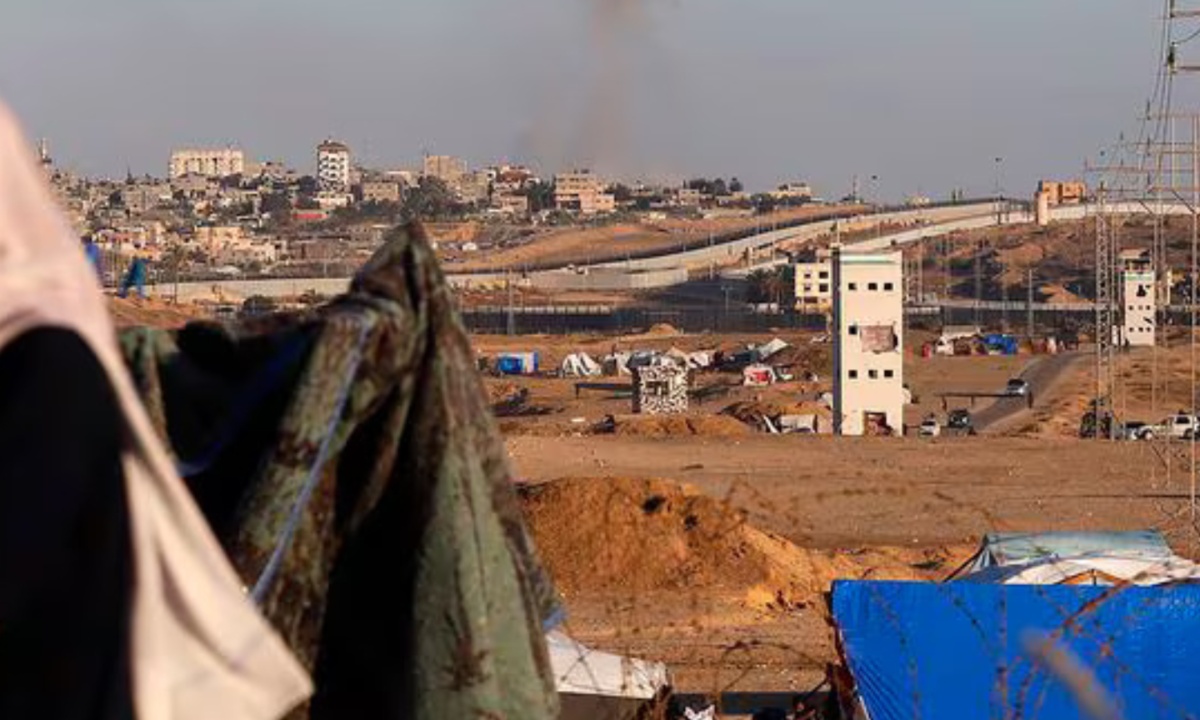As negotiations for a ceasefire continued in Egypt, Israeli forces escalated their attacks on central Gaza. Following the closure prompted by a Palestinian rocket attack that claimed the lives of four Israeli soldiers, Israel declared the reopening of Kerem Shalom, the primary humanitarian aid crossing into Gaza. However, despite this announcement, aid trucks had not made their way into Gaza by Wednesday.
Israeli military actions expanded to southern Rafah despite ongoing ceasefire talks. Tanks seized control of the Palestinian side of the Rafah crossing, cutting off crucial aid supplies and preventing the injured from leaving. This military incursion into Rafah on Monday prompted the evacuation order of 400,000 people from the eastern sector, leading to numerous casualties and displacements.

People from Eastern Rafah are going to the Evacuation Zone.
The attacks in Rafah targeted the as-Salam neighborhood, leading to the closure of Al-Najjar Hospital as staff evacuated to avoid the impending incursion. The forced displacement of civilians from Rafah by Israel drew strong condemnation from Qatar’s Ministry of Foreign Affairs, warning of serious violations of international laws and exacerbation of the humanitarian crisis in Gaza.
While truce talks resumed in Cairo with the involvement of all parties, United Nations officials expressed grave concerns over the situation in Rafah. Secretary-General Antonio Guterres warned against a full-scale assault, terming it a “human catastrophe,” while UNICEF highlighted the catastrophic risks to children if a ground incursion were to occur.
The closure of the Rafah border by Israel, now controlling all of Gaza’s frontiers, has severely impacted medical supplies and the ability of wounded individuals to seek treatment outside the enclave. Patients scheduled for medical treatment outside Gaza, like eight-year-old Lama Abu Holi, have been left stranded due to the border closure. This escalation of hostilities threatens to strain relations between Israel and its main supporter, the US, which recently paused a weapons shipment to Israel.























